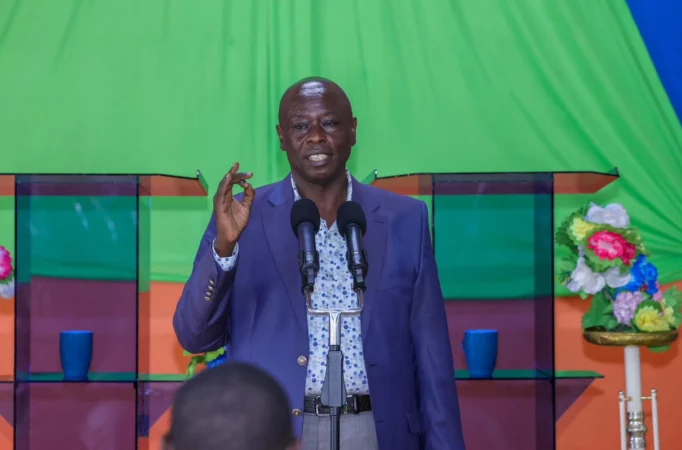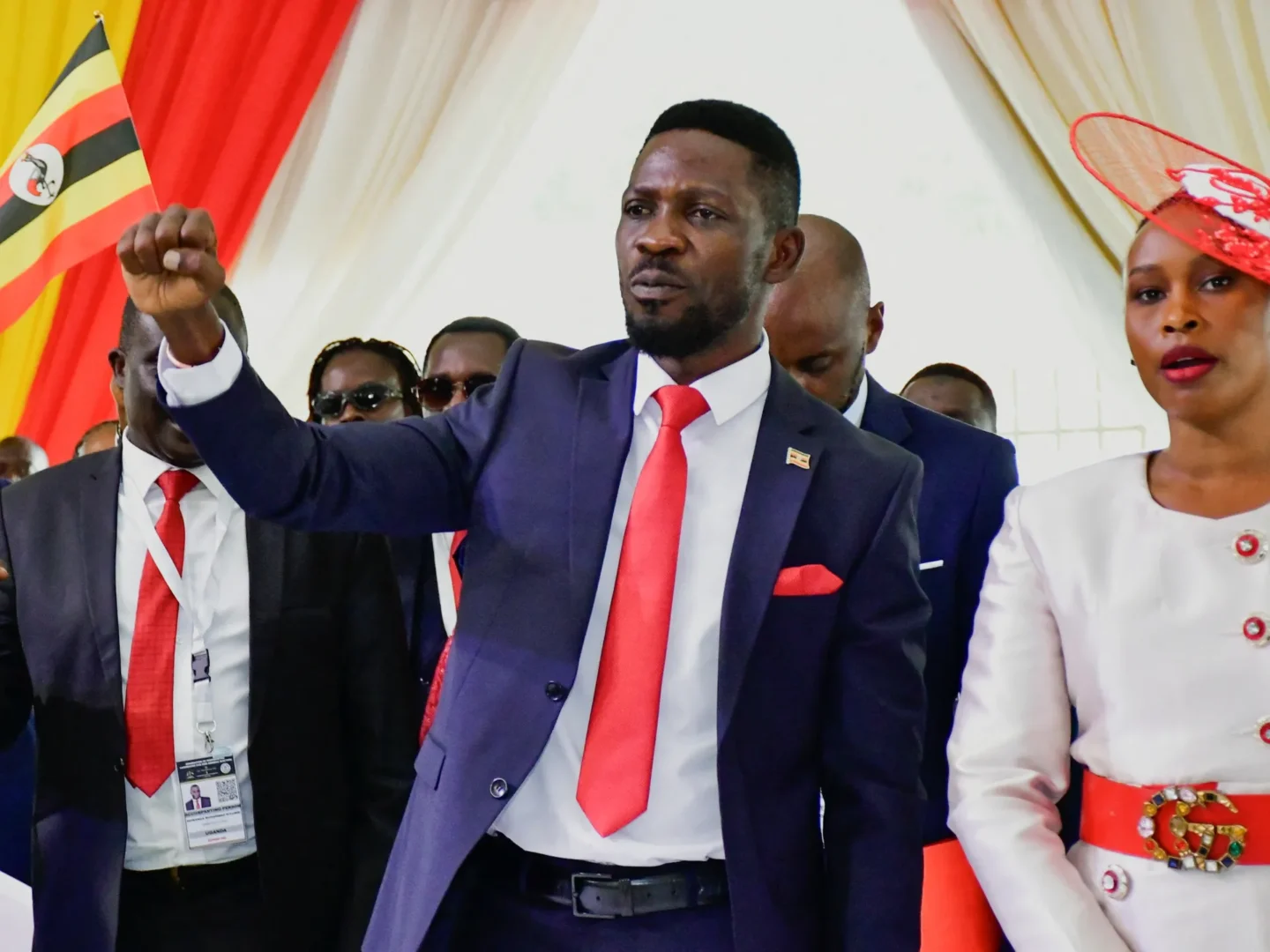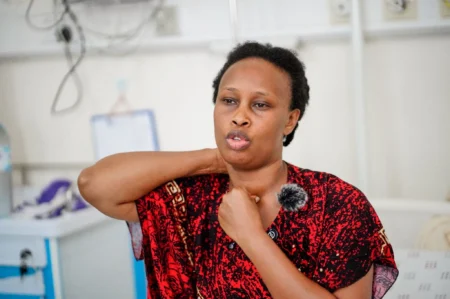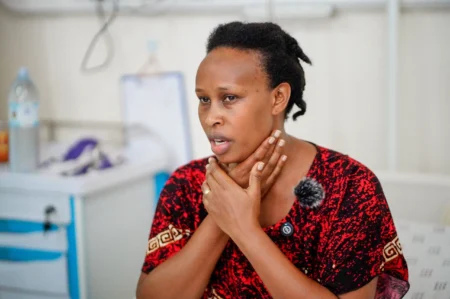JINJA, Uganda — Ugandan opposition leader Robert Kyagulanyi, popularly known as Bobi Wine, officially launched the National Unity Platform (NUP) party’s manifesto for the 2026 general election on Monday. The manifesto sets out a platform aimed at ending corruption, creating jobs, and restoring democratic principles after nearly four decades under the rule of President Yoweri Museveni.
Speaking to supporters in Jinja, the 44-year-old pop star-turned-politician described the document as a “solemn contract” with Ugandans and a concrete promise to deliver “A New Uganda Now.” He directly accused the Museveni government of enabling entrenched nepotism, rising debt, poverty, and widespread rights abuses.
Kyagulanyi framed the upcoming election as a definitive choice for the nation: “This election is not about me. It is about us. It is about building a country that works for everyone—not just a privileged few,” he told supporters.
“The choice before us is simple: to continue in poverty, corruption, and dictatorship, or to stand boldly for change. The time is now.”
NUP’s agenda and economic justification
The NUP manifesto highlights 11 core priorities, which include restoring constitutionalism, curtailing wasteful government spending, improving the healthcare and education sectors, and halting land grabbing.
Economically, the document pledges to create 10 million jobs by 2032, roll out a nationwide school feeding program, and transform Uganda into a technology-driven economy.
Also Read: Museveni launches NRM 2026–2031 manifesto, pledges to ‘protect the gains’
The NUP cited stark figures to justify its reform agenda, noting the severe economic and infrastructure deficits under the current regime:
- Poverty and unemployment: Over 7.3 million Ugandans are estimated to live below the poverty line, while half of the country’s youth are unemployed or out of school.
- Public debt and corruption: The national public debt has surged to 116 trillion shillings ($30 billion). Separately, corruption is estimated to cost the treasury 10 trillion shillings annually.
- Infrastructure deficits: Only 3.9% of Uganda’s extensive 159,000 km road network is paved, and 82 districts lack a fully equipped hospital.
Additionally, the document criticizes what it calls an ethnic imbalance in state appointments, alleging that top jobs in government agencies are dominated by individuals from western Uganda.
It also highlights the neglect of the diaspora, despite the fact that remittances—totaling $1.56 billion in the 2024/25 fiscal year—constitute the country’s single largest source of foreign exchange.
The manifesto launch comes as President Museveni, 81, prepares to seek another term in 2026, having been in power since 1986.
Museveni has consistently defended his record, often citing achievements in national stability, economic growth, and infrastructure expansion.







